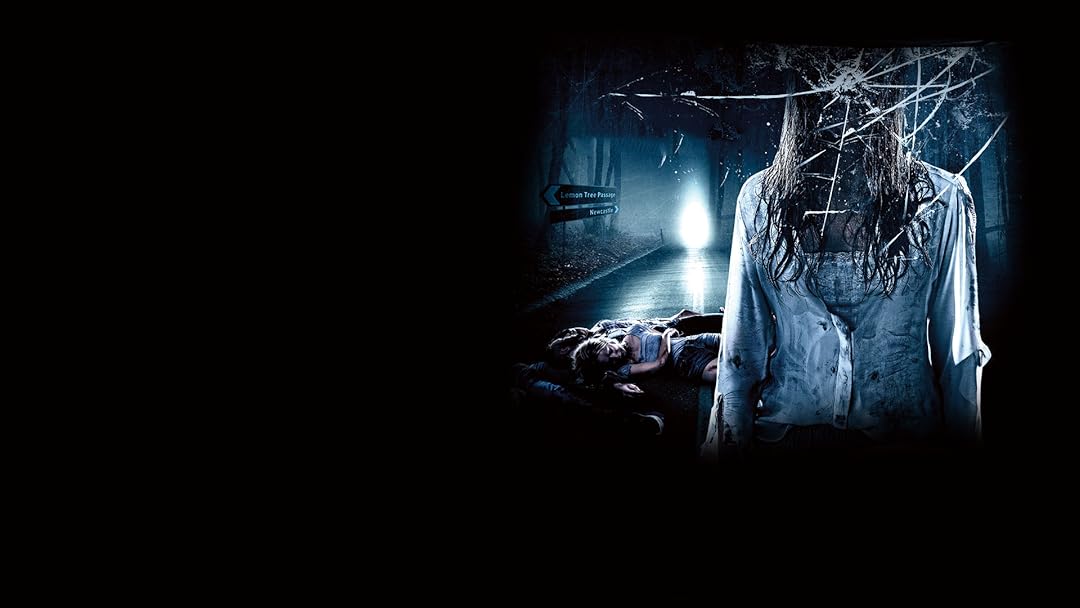Lemon Tree Passage is a 2014 Australian supernatural thriller directed by David James Campbell. The film draws inspiration from urban legends and explores themes of fear, fate, and the unknown. Set in the coastal town of Newcastle, it revolves around a mysterious stretch of road called Lemon Tree Passage, infamous for eerie disappearances and paranormal activity. The movie blends elements of suspense, psychological horror, and supernatural folklore to create a tense, atmospheric narrative.
The story follows a group of young friends on a road trip, who decide to test the legend of Lemon Tree Passage. They are warned by locals about the dangers of driving along the road at night, as it is said that something unseen haunts the path, causing strange accidents and vanishings. Despite these warnings, curiosity and thrill-seeking drive the friends to experience the road for themselves.
As they embark on their journey, strange occurrences begin to unsettle them. The film effectively uses subtle visual cues—flickering lights, sudden noises, and fleeting shadows—to build tension. The ambiguity of what is causing these events plays a key role in maintaining suspense. The audience is left questioning whether the phenomena are supernatural or the product of the characters’ fears and paranoia.

The characters in Lemon Tree Passage are typical of the horror genre’s young adult archetypes: adventurous, skeptical, and increasingly terrified as events escalate. While some character development exists, the film’s strength lies more in atmosphere and mood than deep psychological exploration. This choice keeps the focus on the unfolding mystery and the mounting sense of dread.
The film taps into universal fears about the unknown and the idea that certain places carry malevolent forces. Lemon Tree Passage becomes a character itself, embodying the idea of a cursed or haunted landscape that defies rational explanation. The Australian setting adds a unique cultural texture, incorporating local folklore and landscape aesthetics that enhance the film’s authenticity.
Cinematography plays a significant role in creating the film’s eerie ambiance. The use of night-time settings, dim lighting, and tight framing increases the claustrophobic feeling and the sense of isolation. The camera work often lingers on the empty road or the shadowy surroundings, inviting the viewer to anticipate danger lurking just out of sight.
The sound design complements the visuals with an unsettling score and well-timed silence, which heightens suspense. Moments of quiet tension give way to sudden shocks or unexplained sounds, manipulating audience expectations effectively. This dynamic between sound and silence is central to building the film’s haunting atmosphere.
Narratively, Lemon Tree Passage maintains a steady pace, though some viewers might find the plot predictable or thin in complexity. The film leans on its supernatural premise and visual style rather than intricate storytelling. The climax reveals more about the mysterious force behind the road’s curse but leaves enough ambiguity to fuel discussion and interpretation.
Themes of fate, consequence, and the power of legend permeate the film. The friends’ decision to challenge the warning leads them into a confrontation with something beyond their understanding. The film suggests that some forces or places should be respected and feared, warning against reckless curiosity.

The supernatural element remains deliberately vague, which can be a strength or weakness depending on audience preference. Those who appreciate subtle horror and open-ended mysteries will find Lemon Tree Passage engaging, while others seeking explicit explanations might feel unsatisfied.
Overall, Lemon Tree Passage contributes to the genre by combining traditional ghost story elements with a modern setting and Australian cultural influences. It offers an atmospheric experience that relies on mood, suspense, and the power of local myth. The film invites viewers to question what lies beyond the visible world and the price of tempting fate.
For fans of supernatural thrillers interested in lesser-known regional folklore and psychological tension, Lemon Tree Passage provides a compelling, if somewhat conventional, addition. It demonstrates how setting and legend can shape horror narratives, creating a haunting story rooted in place and collective fear.
-1751961388-q80.webp)
-1751943272-q80.webp)
-1751708543-q80.webp)
-1751680824-q80.webp)